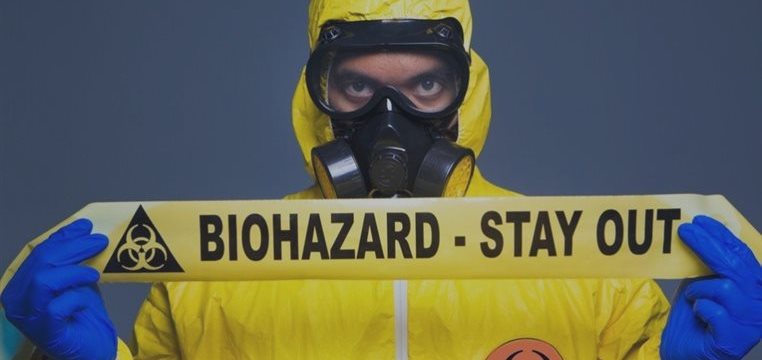Stocks and commodities fell globally today due to concerns about the spread of Ebola and declining economic growth. Precious metals bounced from near multi month lows.
The Stoxx Europe 600 Index declined another 0.6% today after the benchmark gauge had slumped 1.5% yesterday as the International Monetary Fund cut its forecasts for global growth and German industrial production contracted the most in more than five years as sanctions on Russia took their toll.

U.S. stocks fell again yesterday, pressured by a second straight day
of weak data out of Germany, the euro zone's largest economy. German
industrial output figures for August plunged a whopping 4%, the biggest
fall in 5-1/2 years, a day after industrial orders saw their biggest
monthly drop since 2009.
Industrial production in Spain also slowed in August, disappointing economists. Output rose just 0.6% compared with a revised 0.9% gain in July. Production of consumer goods remained flat in August while capital goods and energy fell 4% and 1.4% respectively.
The emergence of Ebola in Madrid, the Spanish capital, will do little
for consumer confidence in the struggling Spanish economy.
The International Monetary Fund and World Bank are handing out free thermometers as a precaution against the Ebola virus for people attending their annual meetings in Washington this week.
Ebola has overshadowed the Middle East respiratory syndrome (Mers). Discovered in 2012, Mers has so far killed around 330 people in Saudi Arabia primarily. More than 850 people worldwide are thought to be infected, with new cases being reported from as far as the U.S. and Europe.
Pandemics can severely affect supply chains, including food supplies,
business operations and key government services such as the provision
of water, electricity, education and of course health care. Travel
restrictions and “stay at home” policies bordering on curfew would
greatly curtail economic activity.

There is also an element of the “boy who cried wolf” regarding the ebola virus. There have been numerous alarmist campaigns and scaremongering regarding many viruses - bird flu, swine flu, H1N1 et cetera, et cetera. There have been so many false alarms that when an actual pandemic commences, people may ignore the threat for longer than is wise.
Therefore, the public in many western countries will remain skeptical of the risk of ebola virus until it has been shown to be a real threat. This in itself poses risks as it means that people do not act in a precautionary manner thereby exposing themselves to potentially contracting the virus.
Is Ebola another virus scare story or a real pandemic?



